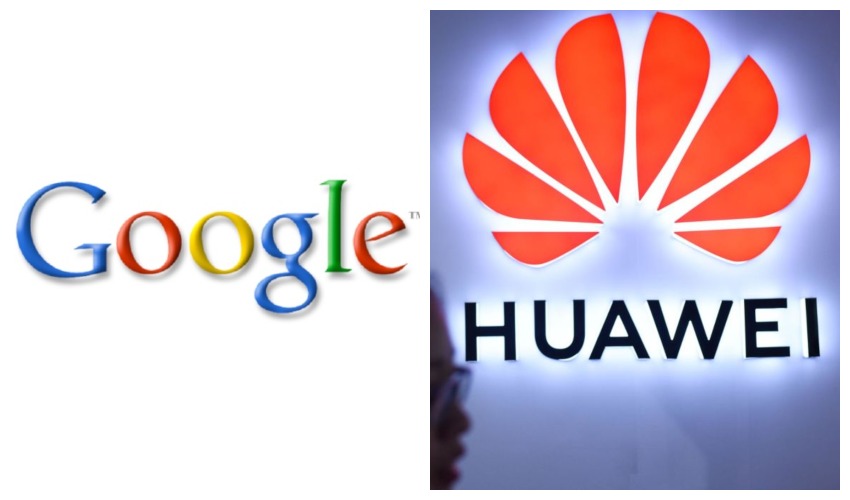China has given the go ahead for its major state-owned mobile carries to start rolling out next generation networks known as 5G, a move experts said was partly a response to the ongoing trade war with the U.S.
The country’s Ministry of Industry and Information Technology on Thursday issued 5G commercial licenses to China Telecom, China Mobile, China Unicom and China Radio and Television. It means those carriers can start rolling out commercial 5G applications. They were given a license for testing at the end of last year.
The 5G networking standard is seen as a critical because it can support the next generation of mobile devices in addition to new applications like driverless cars.
Even though the licenses have been issued, there’s no guarantee that the networks will begin rolling out 5G services immediately — though some companies have indicated that they will begin this year.
The GSMA, a trade body that represents mobile networks globally, said in a recent report that it expects a wide scale rollout of 5G in 2020. China will, according to the association, account for the largest number of 5G connections in 2025, greater than North America and Europe combined. The GSMA expects China to reach 460 million 5G connections by the end of that year.
If China begins rolling out 5G this year, it will be one of the first to do so. Some U.S. carries such as Verizon have rolled out 5G in a limited number of cities. Carriers in the U.K. and South Korea have also launched 5G services.
China Unicom said in a statement released by the Hong Kong stock exchange that it would make “dynamic and precise investment in 5G construction” but did not give a timeline. The other carriers did not immediately respond to a request for comment when contacted by CNBC.‘Race to 5G’
The move by China to grant the licenses comes amid growing tensions in the trade war with the U.S., which appears to be increasingly focusing on technology and 5G. Even U.S. President Donald Trump has suggested that the networking standard is a battleground: “The race to 5G is on and America must win,” he said earlier this year.
Trump’s administration has targeted Huawei, the world’s largest maker of telecom equipment, by putting the company on a blacklist that restricts its access to U.S. technology — on which it heavily relies.
While China was initially eyeing a 5G rollout in 2020, Neil Shah, research director at Counterpoint Research, said the timeline looks “more aggressive now” with services likely to be launched later this year.
“First and foremost, the tech cold war is going on, and China does not want to remain behind the U.S. and Korea,” Shah said, explaining why China may have sped up its 5G launch.
“Second, in light of the Huawei trade ban, (Chinese officials) want to provide Huawei with an early base to use their equipment and roll out before they don’t have access to U.S. components and gear,” he added. “Huawei may have stocked for a few months to roll this out, accordingly, China will look to start rollout at the end of this year before Chinese New Year so they can use Chinese New Year to leverage 5G smartphone and 5G plans.”
Chinese New Year is a major public holiday that will take place at the end of January 2020.










